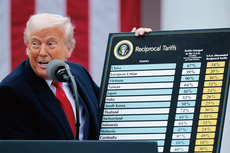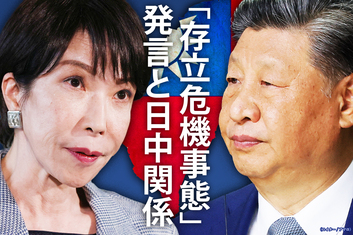Significant media coverage in Australia has been devoted to debates around China’s emerging role as a global economic power with significant regional military capabilities. China is Australia’s largest export market and this had prompted some analysts to ask if such economic influence will weaken Australia’s commitment to a strong military alliance with the United States. Both Labor and Coalition Governments have argued that Australia does not need to choose between its economic and strategic interests, but Australia has a profound interest in the US and China managing their relations in ways that avoid conflict.
The Abbott Government will likely accelerate increased cooperation with the US in the north of the country involving Marine Corps and US Air Force ‘rotational deployments.’ In the next few months Marine Corps deployments will grow to around 1200 personnel exercising at Australian Defence Force training ranges. Under the Labor government this new cooperation was scheduled to grow to a regular deployment of 2500 Marines by 2016. This is likely to happen more quickly under a Coalition government and there will be strong interest in facilitating US Navy deployments of ships operating out of the major western Navy base near Perth. The most important benefit of the US deployments is the reassurance they bring to countries in South-east Asia worried about China’s more assertive diplomacy in the region.
Australia’s closer defence engagement with the US does not mean that Canberra will lower priorities on ties with China. China understands the basis of our alliance relationship with the US and won’t make it an impediment to their cooperation with Canberra. China is more sophisticated than to think a handful of Marines in Darwin compromises its interests. Australia will remain a stable and predictable supplier of essential commodities to the Chinese economy. Political and defence relations with China are likely to keep growing and, in fact, are surprisingly close.
One challenge the Abbott government faces is to more clearly explain Australia’s view of China’s growing military power. The previous Labor government made two attempts to do this in Defence White Paper policy statements, and failed on both occasions. In 2009, then Prime Minister Kevin Rudd’s Defence policy had a more pessimistic view of regional security. The White Paper said ‘the pace, scope and structure of China’s military modernisation have the potential to give its neighbours cause for concern if not carefully explained’ and also discussed measures the Australia’s military might need to take in the event that a ‘major power adversary’ sought to operate ‘in our approaches’. From this came plans significantly expand the Navy’s capabilities. Julia Gillard’s 2013 White Paper reversed course on much of the substance and some of the rhetoric of the 2009 statement. The language on China was softened, mainly to avoid creating a diplomatic dispute with Beijing. The 2013 Defence White Paper sets out a very
different strategic world view from the 2009 version, putting a more positive picture on prospects for regional security and one that made the case for lower defence spending.

















